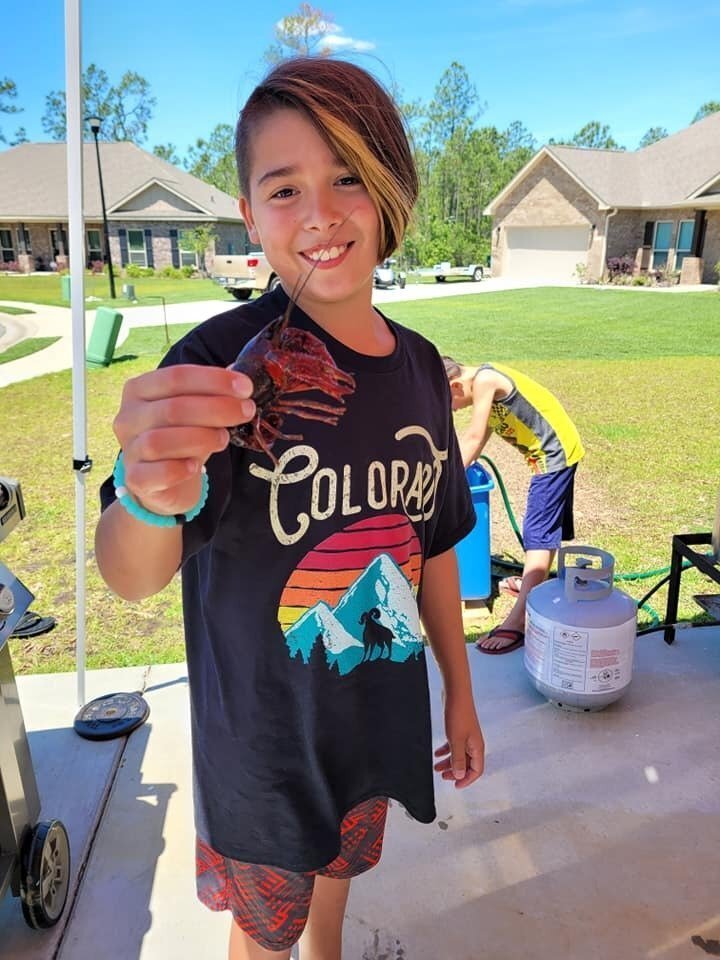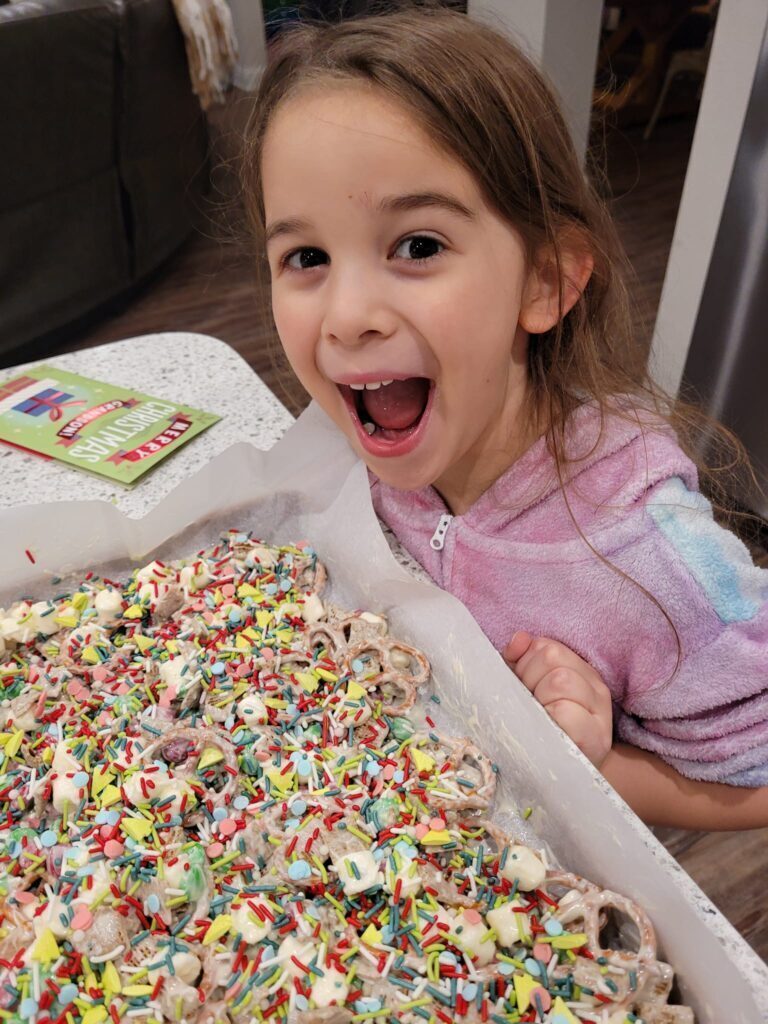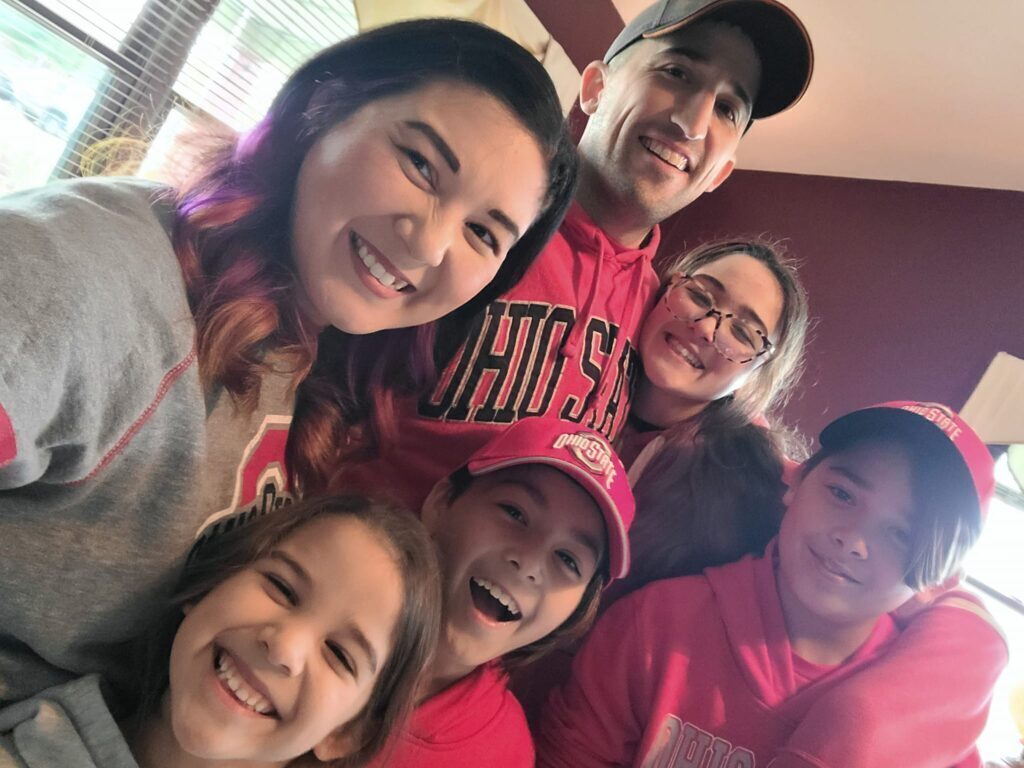“Tell me about your childhood…”
Well, there’s a question that will make most of us sweat.

For the first time, I was having an open and honest conversation with a psychiatrist about my own frustrations with “keeping it all together.” At 36-years-old, I felt like I had hit the proverbial wall. I was losing my car keys every time I turned around, forgetting important appointments, and literally everything I had held together for so many years felt like it was all slipping through my fingers.
After a 6-month long deployment, a COVID-19 Pandemic, a PCS from Georgia to Mississippi, and orders dropping for a short tour in Korea rushing into our lives back-to-back, I just lost my grip.
“I think everything feels like far too much. I’m in charge of all of the schedules, appointments, social calendars, work, home front, etc. I’m not sleeping well, my anxiety is through the roof, and I can’t seem to focus on anything. I think I’m officially broken.”
The psychiatrist, earnestly listening, asked a set of more specific questions regarding my school-aged years.
Were you always getting in trouble for talking?

Did you constantly procrastinate or lose your work?
Were you impulsive, struggling to wait for your turn?
Would you say you had difficulty regulating your emotions?
“Um…Yes. Yes, to ALL of that…”
At 36, I was diagnosed with ADHD with a combined presentation of inattentiveness, impulsivity, and hyperactivity.
Well, I guess that explains why I can write a book in a week or why Bible study is a full-contact sport with 19 notebooks, four sets of markers, a table full of commentaries, and my Logos app up and running. Yeah. I lose hours.
Simultaneously, it also explains why the thought of cleaning up all my piles of random materials or doing dishes sends me into a spiral of defeat and depression. Yeah. Weird.
After learning more about myself in three months than I had in the previous 30 years, I had another discovery…
My children are presenting in exact and identical ways. Homework? What homework? Excessive talking? Check. Lack of impulse control? Double check. Follow through? Nope. Staying seated for extended periods of time? Ha! That’s funny.
I never imagined I would have to navigate my own diagnosis, much less guide my tiny humans through coping with ADHD.
But, alas, here we are. And if you, like me, are scratching your head and asking “What’s next?” maybe I can give you a little encouragement.

Here are a handful of things, methods or mechanisms, that work for us.
First, structure is vital.
We aren’t always in a lock-step of routine, but I have found when the day’s activities are predictable, my whole family is quite a bit calmer. We try to eat all three meals around the same time each day and attempt to get outside in the afternoon for a quick walk. The physical movement and the sunshine certainly don’t hurt.
Next, my husband and I teach the kids to trust their bodies.
If you are tired, take a nap. If you need a bite to eat, grab a snack. If your brain is overwhelmed, try to break away and reset. Your body knows how you feel and you can give yourself what you need.
Build the grammar.
There is a language I have learned to use surrounding our ADHD. Learning about Rejection Sensitivity, over stimulation, and dopamine deficiency has changed the game. We can learn to discern if our reaction is strong because we feel rejected or if we are just over worked. We can also identify if we could just use a sweet snack or a reward to jump start our productivity.
Navigating ADHD kids as a neurodivergent parent isn’t easy. And, there are times when the behavior seems unreasonable or even disrespectful. But, a friend of mine shared a piece of wisdom that I’ll share with you. She says “It’s better to be curious than condemning.” Learn to ask better questions. How are you feeling? What is it that you need? How can I serve that need? Or, even just saying I’ll be here while we figure things out together has been valuable.
You’ve got this fam. Take it all one day at a time and just ask yourself what you would have wanted when your emotions felt out of control or when your anxiety seemed insurmountable. You’ll find words of comfort, small steps to help your kids out of a spiral, and the endurance needed to keep moving forward.








